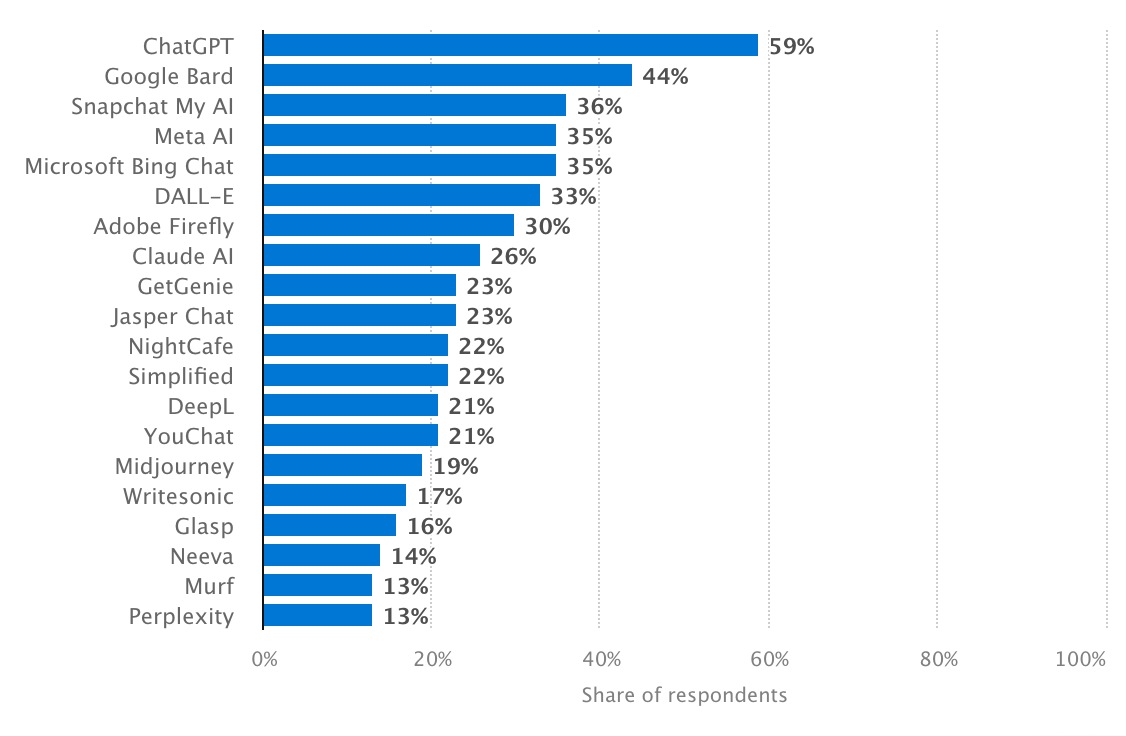Scand
1M
246

Image Credit: Scand
How to Fine-Tune LLM (Large Language Models) in 2025: Best Practices
- In the AI market, different large language models like ChatGPT, Gemini, Claude, Llama, and Mistral offer various capabilities.
- Fine-tuning involves training pre-existing LLMs on specific datasets to adapt them to industry terminology and working methods.
- Pre-trained models may lack understanding of specialized fields like law, medicine, and finance, necessitating fine-tuning for accurate results.
- Fine-tuning LLMs helps businesses customize language models to fit their company style and improve accuracy in specialized domains.
- Methods like Full Fine-Tuning, LoRA, PEFT, Instruction Fine-Tuning, RLHF, and Prompt-Tuning are used for fine-tuning LLMs in 2025.
- Fine-tuning LLMs aids businesses in saving costs, maintaining privacy, and improving accuracy for industry-specific tasks.
- Challenges in fine-tuning LLMs include dataset quality, model training costs, overfitting, and legal/ethical considerations.
- Companies can benefit from fine-tuned LLMs in AI customer support, virtual assistants, enterprise knowledge management, and domain-specific copilots.
- Before embarking on fine-tuning, businesses should assess the necessity, data readiness, and compliance requirements for successful implementation.
- Working with outsourcing partners like SCAND can assist in choosing the right model, data preparation, fine-tuning, deployment, and compliance.
- SCAND offers AI model selection, data preparation, fine-tuning, deployment services, local hosting, and custom LLM development for businesses.
Read Full Article
14 Likes
For uninterrupted reading, download the app